Shqipëria - Notes from Albania (2012)
Genre : Documentary, History
Runtime : 1H 13M
Director : Klaus Hubner, Alfred Zacharias
Synopsis
Mad dictators, trigger-happy mobs, archaic blood feuds - this pretty much sums up what Western Europeans know about Albania. But reality in this long forgotten Balkan country is much more complex and multilayered. SHQIPERIA - NOTES FROM ALBANIA offers a flow of stories from and about Albania, displaying the country in its true diversity, unspeculatively illuminating its conflicts and discovering this blank spot on the map of Europe in all its contradictions.

Story of Azem Bejta (1889–1924), commonly known as Azem Galica, who was an Albanian nationalist and rebel who fought for the unification of Kosovo with Albania.
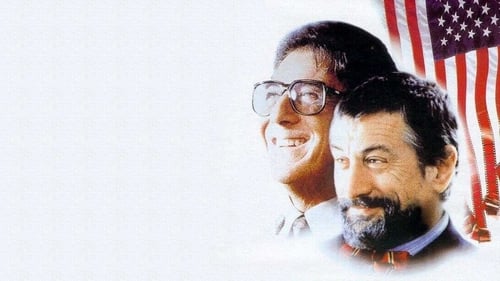
During the final weeks of a presidential race, the President is accused of sexual misconduct. To distract the public until the election, the President's adviser hires a Hollywood producer to help him stage a fake war.

Young Bundeswehr soldiers Tom and Charly are stationed in Kosovo with the KFOR peacekeeping force. Their mission is to secure peace. Although the brutal war between the enemy Serbs and Albanians is officially over, the hatred between people continues to smoulder. When Tom and Charly rescue the young Serbian Mirjana from the fatal shot of the young sniper Durcan, they get caught between all fronts. They lose their professional distance due to the resulting closeness to Mirjana - who has to learn that her father was a war criminal - but also to Durcan - whose entire family was wiped out. Soon they are entangled in a conflict about guilt, manipulation, love and revenge...
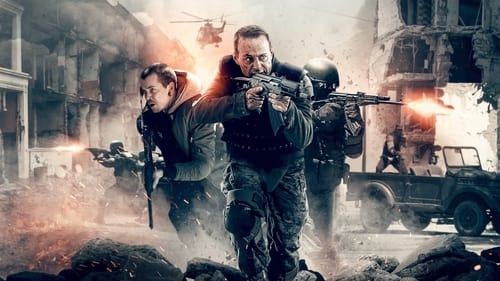
In an Albanian town known for drug production and trafficking an elite group of cops set out to end the war waged against the local police.
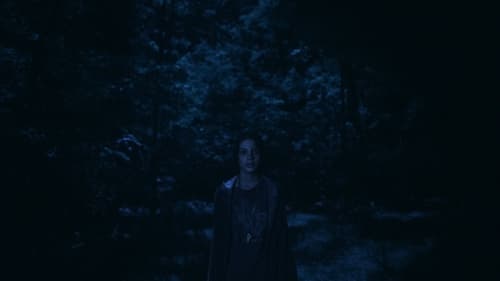
The film deals with the metaphor of fear, but hidden everyday formless news about the life of the Serbian population in Kosovo. The film is inspired by a letter from a girl from Kosovo, dedicated to her missing father, read at the United Nations, in which she publicly addresses the difficult life of Serbs, especially Serb children in the enclaves.
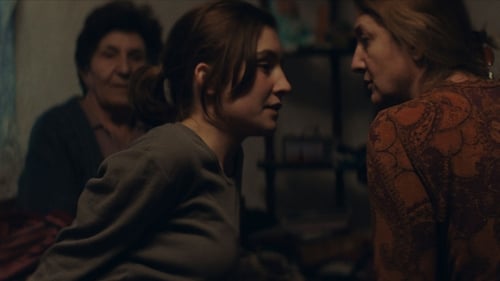
Living in a crowded, multi-generational household in a small village in Kosovo, the quiet teenager Venera can rarely find privacy. However, when she befriends the rebellious Dorina, a new, liberating world opens up to her. Slowly, Venera begins to push against her conservative family’s expectations.
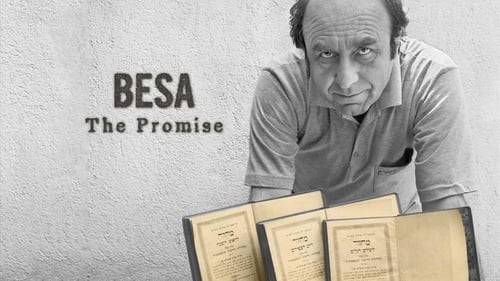
A documentary exploring how Albanians, including many Muslims, helped and sheltered Jewish refugees during WWII at their own risk, and trying to help the son of an Albanian baker that housed a Jewish family for a year return some Hebrew books that the family had to leave behind.

The film "Kosova: Desperate Search" recounts the repercussions and effects of the Kosovar war on the Albanian population. Ethnic cleansings and other atrocities mentally and physically destroyed the people. The entwined destinies of individual persons and families from various geographic regions and social classes are the basis of a closely interconnected storyline. Families are not only looking for their missing children, but also for new hope and perspectives.

Young seamstress Ivana leaves work in the tailor shops in Novi Pazar and accepts an offer to be a waitress in a private cafe in Gusinje, Montenegrin town on the Yugoslav-Albanian border. She meets a waitress with whom she becomes fast friends. Brothers Skeljzen and Becir come to Gusinje from New York for the holidays and meet with the waitresses, starting a love affair. Young men promise the girls marriage and going to America.
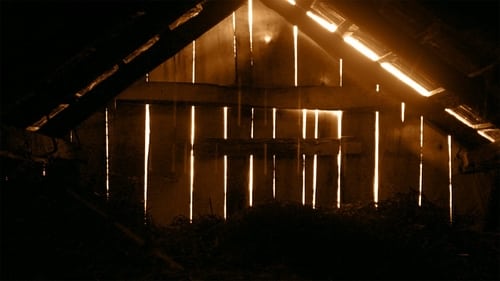
The journey of A SINGLE FRAME weaves an exploration of the impact of photography from both sides of the shutter. The fascinating post-war culture of Kosovo serves as backdrop.
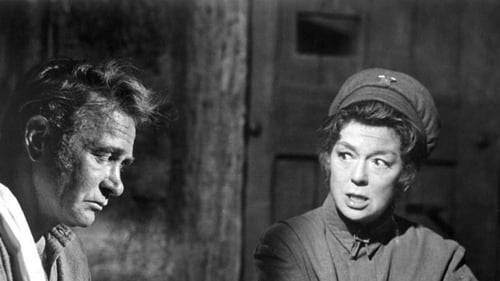
Mrs. Emily Pollifax of New Jersey goes to the CIA to volunteer for spy duty, being in her own opinion, expendable now that the children are grown and she's widowed. And being just what the department needed (someone who looks and acts completely unlike a spy), she's assigned to simple courier duty to pick up a book in Mexico City. But when the pickup doesn't go as planned, Mrs. Pollifax finds herself handcuffed to a handsome stranger on a plane bound for an Albanian prison. And it's up to her to get them out.
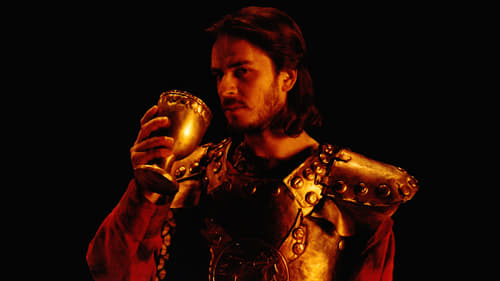
In 1389, the Serbian prince Lazar Hrebeljanović refused to submit to the Turkish Sultan Murat, who was invading Serbia with a large army, in order to continue conquering Europe through it.

King Carlos II of Spain (r. 1665-1700) once sent his brother Luis to lead a military expedition into Albania and conquer that land for the Spaniards. Since Albania was a part of the dowry of Luis' wife, it seemed like a reasonable idea at the time. While that expedition and its final battle is the subject of this historical film, the scale involved can hardly do justice to the concept. The protagonists talk incessantly, and by the time they get down to the final grand battle, it turns out to be a skirmish between several dozen men.

Tirana Year Zero (Tirana, année zéro), is a 2002 Albanian film that tells the story of a young couple in post-communist Albania, at a time when many Albanians left the country in search for a better life abroad. The protagonist of the movie is Nik, who lives in the capital of Albania, Tirana, along with his mother and father. He is in love with a beautiful girl named Klara, who wants to move to Paris to be a model. Nik makes his living with an old truck that belonged to his father, who is now sick, and seemingly dying. Amidst the criticisms of his mother, the confusion and desperation covering the country, and the desire of his girlfriend to leave, Nik is still unsure whether he wants to leave. The film explores the way Nik handles the events of his life.
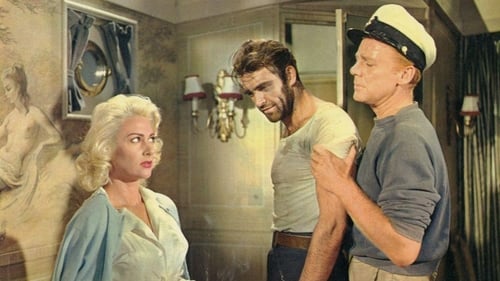
A woman hires soldier-of-fortune Carson to smuggle her into Albania by way of Greece. Their trouble is just beginning when they get there.

Eliza Dushku takes on her homeland of Albania.

Stolen Kosovo is a Czech language documentary by director Václav Dvořák (b. 1948), about the Serbian–Albanian conflict in Kosovo. The documentary describes the situation, first in a short overview of the history of the area, followed by the 1990s conflicts and bombing of Serbia by NATO forces in 1999 and ending with the situation after the Kosovo War. The documentary focuses on the 1990s in the time of Slobodan Milošević's rule as well as on numerous interviews of Serbian civilians and, less, of Albanian insurgents against the Milošević regime.
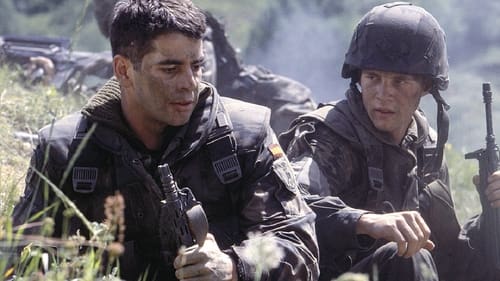
Kosovo, winter 1999. KFOR forces perform their humanitarian task while trying to maintain a difficult neutrality between Kosovo Albanians and Serbs. A platoon of Spanish Army engineers becomes unwittingly caught up in the spiral of violence between the two sides.

In rural Kosovo, identical houses are built for family members working abroad, in the hope that they will one day return to settle in their old homeland.












